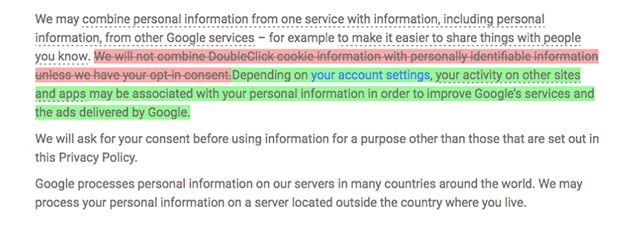the liberties designed almost a quarter-millennium ago by the Founding Fathers still turn out to be curiously well-aligned with the security of this country and the safety of Americans, while the government overreach of this era has proved to be anything but. As it turned out, those heavy-handed government policies meant to pry our lives open in an invasive and expansive way, torture information from suspects, and lock away people forever, it seems, without charges or trial, were remarkably counterproductive and ineffective—and that reality, rather than the concerns of civil libertarians, was essential to whatever backswing of the pendulum we’ve seen in recent years.
When civil libertarians defend their side of the liberty-security debate, they usually claim that liberties are just as important as security. Perhaps what they should be saying is that protecting our liberties means ensuring our safety; that surveilling everyone produces more but not better information and is not a national security measure; and that the informed interrogation of prisoners who have rights, including the right to a fair trial, is not only more consonant with the American way, but more effective than secret prisons and physical abuse.
It should by now be far clearer that needing to know everything to know something is a sign of weakness, not strength; that needing to be a bully instead of a smart operative is a sign of insecurity, not security.
What should be seen as incompatible with liberty and safety is the overreach of the state in the name of ensuring both of them. It was that overreach, not our liberties, which made us less secure. So let’s note it carefully: the Founding Fathers were right and the Bush administration, its Justice Department memos, and more recently, the candidate who has called for ever more extreme measures, supposedly to protect us and our country, will only endanger us further. Let’s take this lesson to heart: liberty is security for Americans.
Source: Liberty Is Security | The American Conservative
